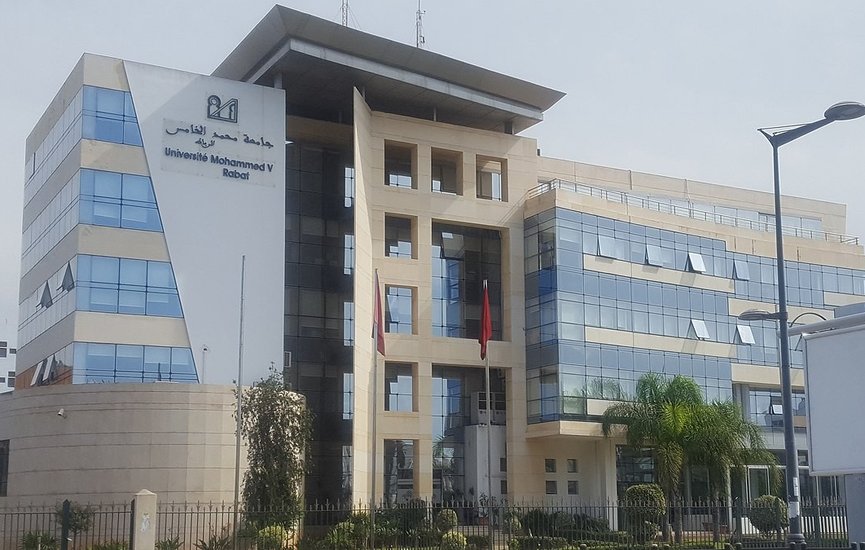Morocco has reinforced its role as a key educational hub in Africa by offering 200 university scholarships to Niger for the 2025-2026 academic year. This initiative, aimed at fostering educational exchange, was announced during the Niger-Morocco Inter-States committee meeting held in Niamey from August 4-6.
The scholarships include 150 spots for university and technical training, and 50 for professional training in various fields such as medicine, engineering, sciences, literature, law, and economics.
Idé Oumarou Amadou, President of Niger’s Agency for Allocations and Scholarships, highlighted Morocco’s growing appeal due to its high-quality education and student-friendly environment. The Moroccan delegation, led by Jaafar Debbarh, reaffirmed the Kingdom’s commitment to enhancing bilateral relations and advancing South-South cooperation, as envisioned by King Mohammed VI.
At the end of the visit on August 6, the Moroccan delegation met with Niger’s Minister of Higher Education, Mamadou Saidou. Both parties expressed satisfaction with the successful exchanges and cooperative spirit.
This scholarship initiative continues the longstanding partnership between Morocco and Niger, which began in 1976. Since 1990, over 2,000 Nigerien students have benefited from the Moroccan scholarship program, with around 700 currently studying in Morocco.
The collaboration extends across various sectors, including religious training, food security, public health, sustainable agriculture, culture, and counter-terrorism.
Morocco’s growing prominence as an educational hub is highlighted by a Campus France report showing that 22,000 foreign students studied in Morocco in 2022. This makes it one of the top destinations in the Middle East and North Africa region. Additionally, Morocco leads as the country of origin for foreign students in France, contributing 10% of the total foreign student population.
Meanwhile, Gabon recently announced a shift in its scholarship policy, prioritizing Morocco and other African countries over Western nations starting in 2025-2026. Officials cited Morocco’s cost-effectiveness, with an average annual cost of $9,174, far lower than Western countries.
